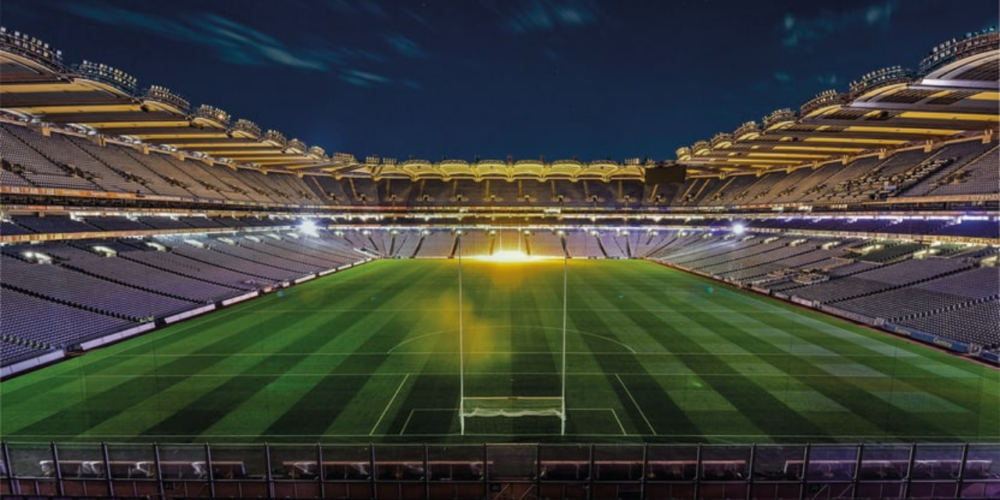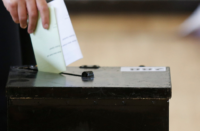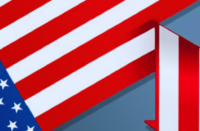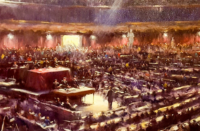Born out of genocide and oppression and after centuries of Irish culture, language, indigenous sports, and pastimes had been deliberately eroded by English, later British colonialism, it was no coincidence that many of the GAA’s founding members had links to political organisations, namely the Land League and Republican movements such as the Young Irelanders’ Movement and the IRB (Fenians).
Not only was the newly founded Gaelic Athletic Association gaining the negative attention of British forces, but so too did it provoke the Catholic Church, who were hostile to the association because of the level of IRB members’ involvement in its ranks. The Fenian movement wanted an end to the British occupation of Ireland but also a complete separation of church and state. The Catholic bishops in turn stated that: “Hell isn’t good enough for the Fenians”.
It is natural for an organisation like the GAA that is embedded in the community to be influenced by the hegemony of the state, as was the case in the Irish Free State. In the North of Ireland, particularly during the recent 30-year war, when the nationalist and republican community bore the full brunt of state oppression for many, the GAA acted as a nucleus in keeping communities together. To be a member of the GAA alone was enough to be harassed, intimidated, or worse.
In 2001, Rule 21, banning members of the British security forces from GAA membership had been dropped from the GAA constitution after a vote in which all counties in the 26 counties supported, along with Co. Down. Rule 21 was abolished under the pretence of there being major changes in policing in the North. Unsurprisingly, given their lived experience of British security forces, Fermanagh, Tyrone, Armagh, Derry, and Antrim voted to retain Rule 21.
Four years prior to Rule 21 being abolished, there was the horrific murder of GAA member Seán Brown. Seán’s killers are still being protected by the PSNI. Seán Brown’s family and many other families are still being denied justice and their murderers protected by the PSNI. However, the GAA of today sees it as acceptable to be recruiting sergeants for the PSNI in All-Ireland match-day programmes.
The GAA constitution states: “Today, the native games take on a new significance when it is realised that they have been a part, and still are a part, of the Nation’s desire to live her own life, to govern her own affairs”. These words clearly state the association’s aspiration to a 32-county Ireland free from foreign rule. At the same time as supporting the desire for a sovereign Ireland, they are still helping to recruit for a police force whose sole purpose is to serve and protect British imperial interests in Ireland.
A recent article in the Irish News (Connla Young, 27th April 2024) once again emphasises the sheer hypocrisy of the GAA’s top table when a traditional music band were forced to withdraw from playing at the recent Ulster championship game between Derry and Donegal because of the band’s support for Palestine. Ulster Council chief executive Brian McAvoy insisted the band could not play under their name, Saoirse don Phalaistín (Freedom for Palestine). The band was also told they could not display a Palestine flag or make any references to Palestine.
In contrast, after the outbreak of the Russia-US proxy war in Ukraine, the GAA openly supported Ukrainian victims of the conflict with Ukrainian children bringing the Liam
McCarthy cup onto the field on All-Ireland final day. Colin Regan, the GAA’s Community Manager, stated: “Whatever we do in terms of that visibility – making sure that they appreciate that the Irish communities are 100% behind them, that the association is doing whatever we can”. Many clubs also held fundraisers for Ukrainian refugees, but when it comes to genocide in Palestine, the GAA (quoting their own words) are apolitical. In doing so, they totally ignore the on-going genocide and humanitarian crisis in Gaza.
It is understandable that many within the GAA today have been heavily influenced by the hegemony of today’s status quo, as was the case in the past. What we are seeing today is the outworkings of a 25-year pacification process, as the higher echelons of the Gaelic Athletic Association are doing all in their power to abandon the proud anti-colonial and anti-imperialist roots of Ireland’s most socially valuable organisation. But thankfully, not all Gaels have abandoned their roots.
The GAA belongs to the people, and that it must remain.






